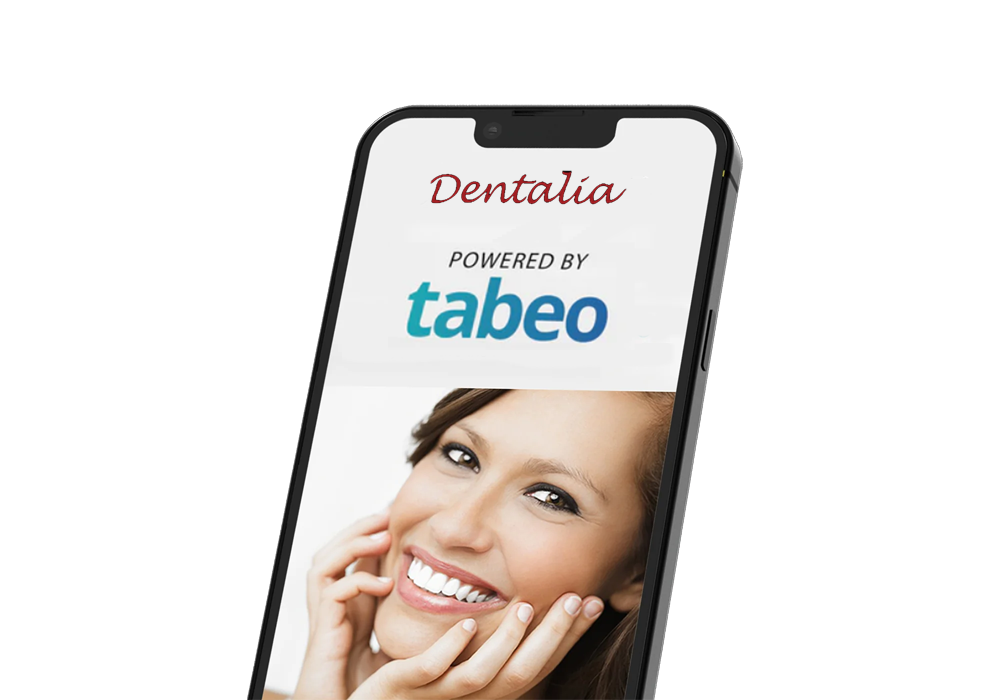If, over the festive period, you have found yourself struggling to eat hard and chewy foods or have been bothered by that missing tooth, then it may be time to consider dentures as part of your fresh approach to the new year. Dentures are a great option for restoring teeth and at Dentalia it’s what we excel in as that’s where we started, way back in 2000 as a dental laboratory. We make and fit dentures and can talk you through the various options, but in the meantime, whilst you are waiting for your appointment or just weighing up your options here is some helpful information.
What are dentures?
Dentures are removable false teeth made from plastic, metal or nylon. They fit over the gums to close any gaps caused by missing teeth and help to prevent problems with eating or speaking.
How do you know you need dentures?
If you have lost a tooth or several teeth then the need for dentures may be obvious, however there are also a few warning signs that you might need to get dentures at some point in the future, particularly if you haven’t looked after your teeth and gums. These might include:
- Not visiting your dentist regularly - this means they can’t spot the early signs of gum disease which if left untreated can lead to periodontal disease that can result in the loss of teeth.
- Experiencing severe tooth pain - this might be a sign of tooth decay which can lead to tooth loss if it is left too long to be remedied with a filling.
- Loose or moving teeth, or gaps between teeth getting bigger. These are all signs of gum disease or periodontal disease, which could mean you’ll need dentures in the future.
- Having difficulty eating hard or chewy foods. Even though an individual tooth can be treated, there may be other issues at play beneath the surface that mean extraction is the only solution.
What are the different types of dentures?
With conventional dentures there are generally two types of treatment:
- Full dentures - a complete set of dentures which replace all of your upper or lower teeth. This option will be used if all of your upper or lower teeth need to be removed.
- Partial dentures - to replace one tooth or a few missing teeth. The plastic, metal or nylon plate has one or more false teeth attached to it to replace the ones you are missing and will clip onto your natural, surrounding teeth for a snug fit.
There are also more innovative denture treatments to choose from, such as implant retained dentures. With this treatment the implant is embedded into the jaw and left for a while so that the surrounding tissues and bone can bond with it. The false tooth or teeth can then be mounted on this implant, providing the next best thing to natural teeth. The benefits of implant retained dentures are that they are more stable, can’t be distinguished from real teeth and they make eating and speaking much easier than with removable dentures.
Find out more about dentures at Dentalia
If you are exploring your options for replacing teeth, why not speak to our experts about dentures? We were always the people who made dentures for dentists, but now we can fit them for you as well as part of our full dental clinic service. Request a free consultation and we’ll explain all the denture options suitable for you so you can decide at your leisure, you can even visit our laboratory to see our precision workmanship.
Click here to find out more about dentures at Dentalia or call our team on 01256 353033.





